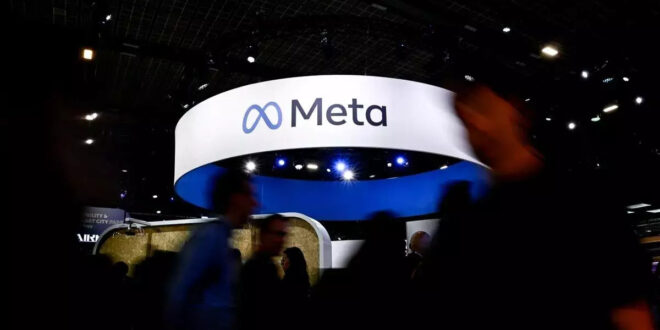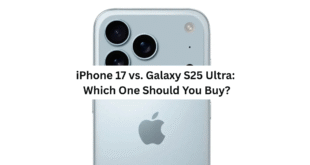Meta just wrapped up its Connect 2025 conference (Sept 17–18), and as expected, Mark Zuckerberg came armed with big promises about the future of VR, AR, and AI. If you’ve followed these events before, you know they tend to swing between futuristic hype and practical updates—but this year’s announcements actually hit some interesting notes.
Here’s a breakdown of the biggest reveals, plus what they could mean for you, me, and the tech world at large.
🚀 Quest 4: VR That Feels Less Like a Gadget, More Like a Tool
The Meta Quest 4 made its debut with a slimmer design, sharper visuals, and a new Snapdragon XR3 chip under the hood. The biggest upgrade, though? Much better passthrough for mixed reality, which means your living room and the virtual world can blend together without looking like a bad filter.
💡 Why it matters: VR is slowly shifting from being “for gamers only” to something you might actually use for work, workouts, or hanging out with friends. The Quest 4 feels like Meta’s attempt to make VR practical, not just fun.
🤖 AI Everywhere (Literally)
Meta rolled out Meta AI 2.0, and it’s hard to miss the theme: AI is becoming part of everything. Your avatar can now talk on your behalf in meetings, you can build 3D objects from a text prompt, and live translation is baked right into VR chat.
💡 Why it matters: The combo of AI + metaverse could either make virtual spaces smarter and more useful—or creepier, depending on how you feel about digital clones of yourself attending meetings.
👓 The Next Step for Smart Glasses
Meta and Ray-Ban dropped their latest AR smart glasses, now with real-time translation, object recognition, and a built-in AI assistant. Imagine looking at a menu in a different language and instantly getting it translated, or having your glasses tell you what you’re looking at.
💡 Why it matters: We’re inching toward a future where your phone might not be the center of your digital life anymore. Whether people actually want to wear their screen on their face, though, is still an open question.
🌐 Horizon Worlds Goes Cross-Platform
Horizon Worlds, Meta’s social metaverse app, is no longer locked inside a headset. It’s expanding to phones, desktops, and AR glasses.
💡 Why it matters: This move is crucial. If Meta wants Horizon to compete with social media and gaming platforms, it has to be everywhere—not just in VR.
🏢 New Tools for Creators and Businesses
Meta rolled out updates for creators and companies, including 3D storefronts for selling virtual goods, AI tools to make content faster, and enterprise VR suites for training and remote work.
💡 Why it matters: Meta wants the metaverse to have a real economy, not just floating avatars. If creators actually make money here, Horizon could avoid becoming another Google+ situation.
🔒 The Privacy Pitch
Zuckerberg promised stronger privacy controls, parental safety tools, and more transparency around AI training data.
💡 Why it matters: Trust is Meta’s Achilles’ heel. These updates sound good, but whether users believe them is another story.
🌍 What It All Means
Meta Connect 2025 painted a clear picture:
- AI is no longer optional—it’s going to power everything you do online.
- The smartphone’s throne is shaky—AR glasses might be next in line.
- The metaverse economy is real (at least to Meta)—and they’re betting creators and businesses will buy in.
At the end of the day, this wasn’t just another product launch—it was Meta’s latest pitch to convince us that the future is immersive, intelligent, and maybe wearable on your face.
 UBUCH ubuch | Honest Tech Reviews & Tutorials for Everyone
UBUCH ubuch | Honest Tech Reviews & Tutorials for Everyone


